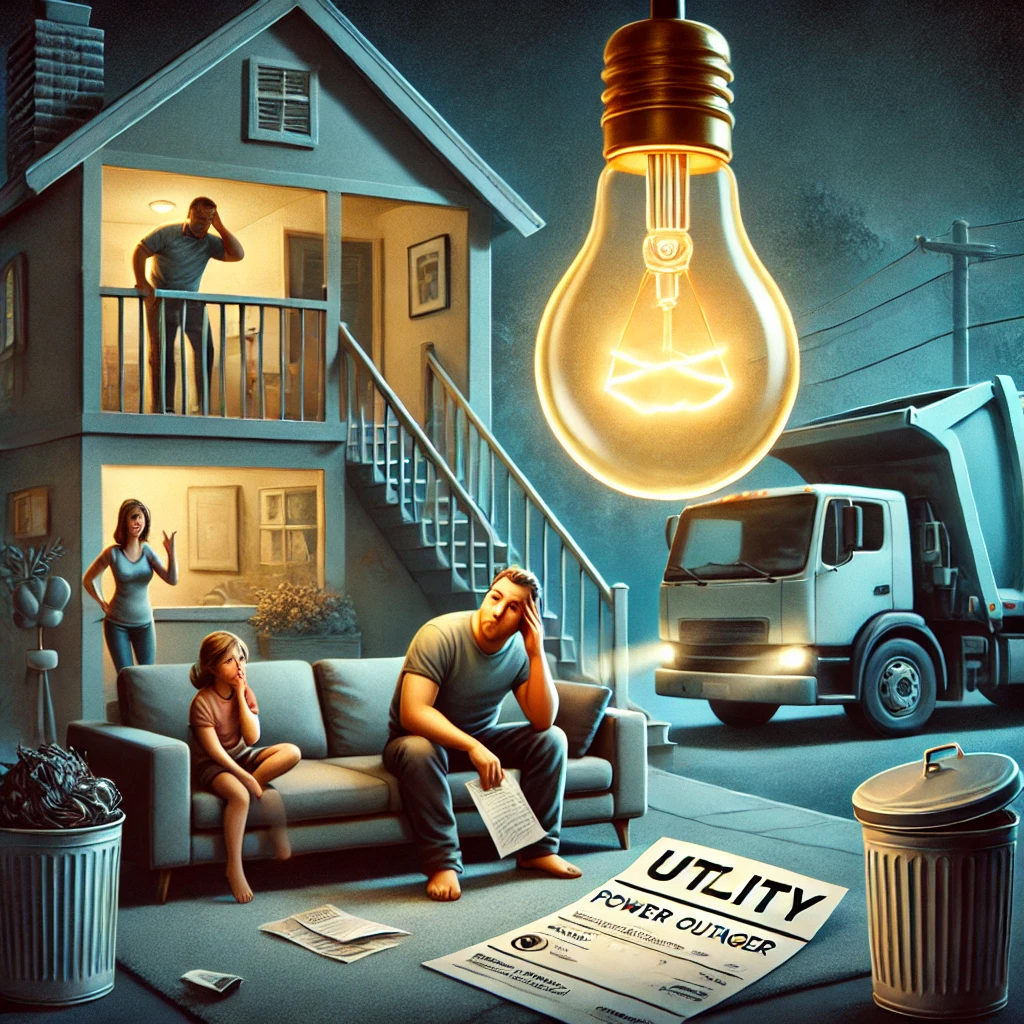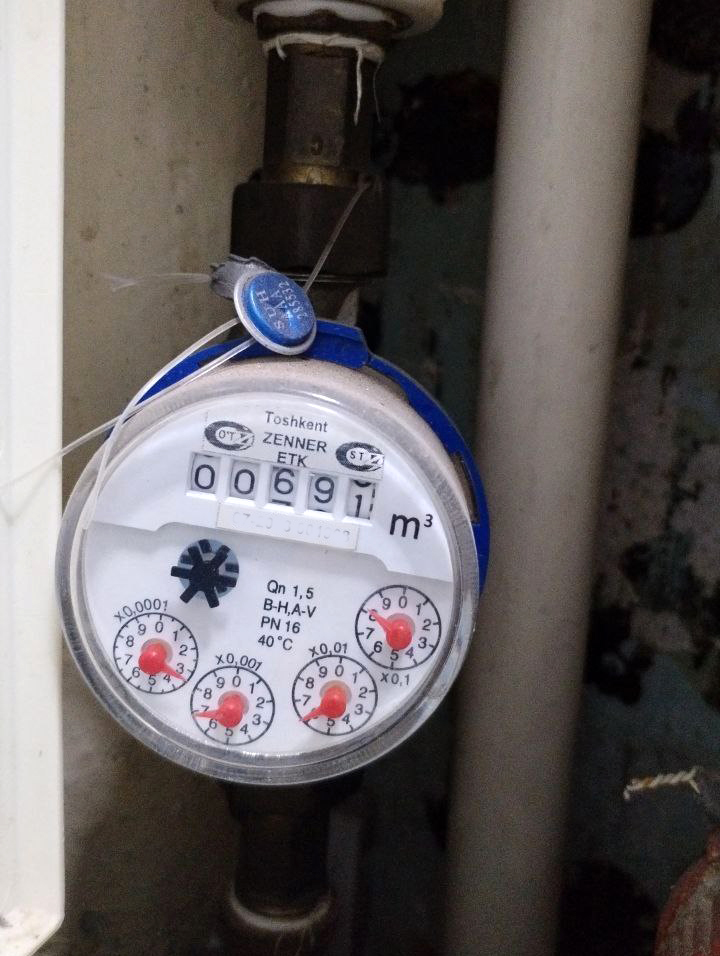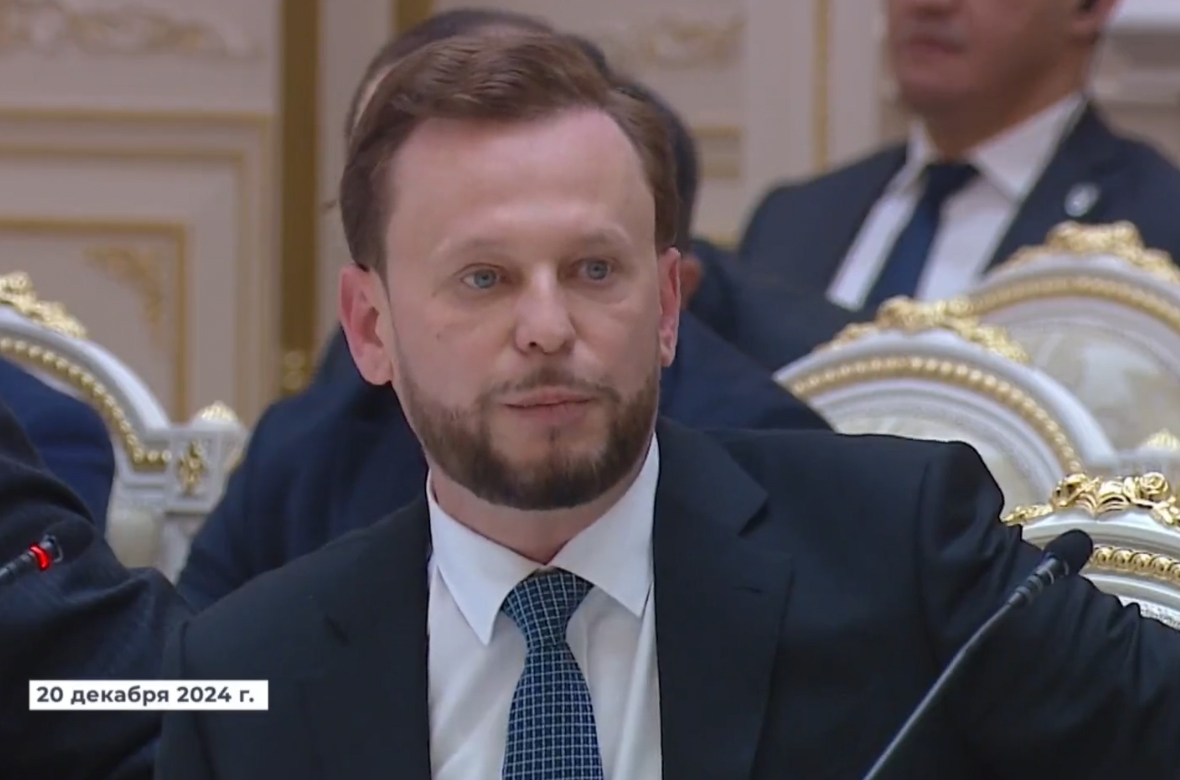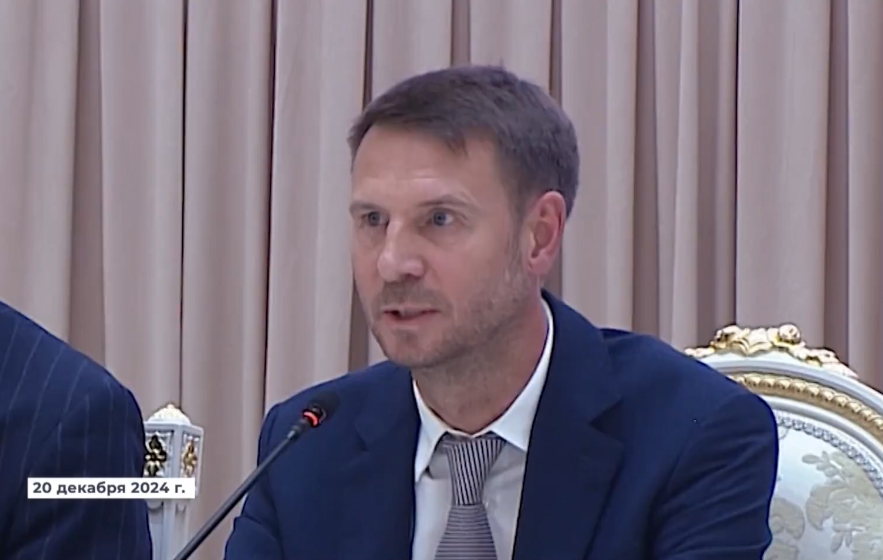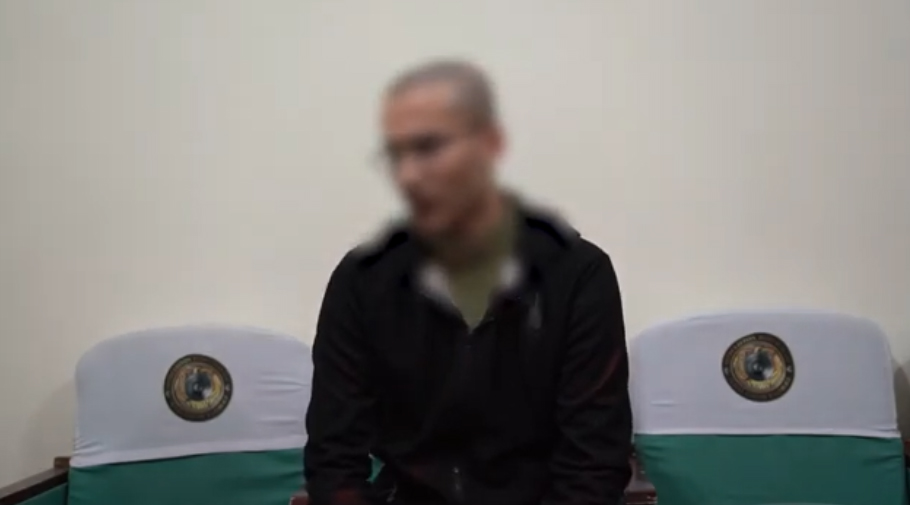This article is also available in:
Русский (Russian)
Uzbek
Today, Tashkent finds itself in a strange and painful reality: a social norm for electricity consumption has been introduced, electricity tariffs have skyrocketed, yet stable power has become a luxury. The city, once proud of its infrastructure, now has to cope with constant outages—both planned and unexpected. And the question arises: is this fair?
Living in Darkness
Every day, thousands of Tashkent residents face planned power outages. Authorities assure that these are necessary for equipment maintenance, but it doesn’t make things easier when the lights go out at home, making work impossible. And while planned outages can be somewhat anticipated, unexpected ones are a real disaster. Sitting in the dark for hours without basic amenities— is this what we are paying higher and higher tariffs for?
How Did It Come to This?
It seems logical that rising electricity prices should translate into improved services. But the reality is different. The system that is supposed to provide us with light and warmth turns out to be rotten at its core. Raising tariffs without real modernization is like pouring water into a leaky bucket. No matter how much money is thrown at the problem, it will disappear into the void, and the city will remain in darkness.
The main cause of this situation is the lack of transparency and efficiency in managing the energy system. When tariffs rise while infrastructure remains unchanged, it only exacerbates the problem. Financial flows are directed not towards improving and modernizing the system but towards patching holes. As a result, we are left with outdated equipment, unable to handle increasing loads, especially during the winter.
Winter Is Coming
Winter will soon arrive in Tashkent, bringing new peaks in energy consumption. Can our energy system withstand these demands? If now, in a relatively mild period, the city is plunged into darkness, what will happen when temperatures drop and electricity consumption spikes? The residents of the capital may find themselves in even harsher conditions, where every minute without light and heat could become a real catastrophe.
Why Shouldn’t Prices Have Been Raised?
It’s clear that raising electricity prices is not a solution, but merely a temporary fix. Before introducing new tariffs, authorities should have undertaken a deep modernization of the system. This includes replacing outdated equipment, implementing modern technologies, and increasing transparency in the allocation of funds. Only after the system becomes reliable and efficient should tariff revisions be considered.
Moreover, raising prices without improving quality is a blow to public trust. People are willing to pay more, but only if they see that their money is being used for real improvements. Without this, any tariff manipulations will be seen as unfair and a source of public outrage.
Thus, Tashkent residents find themselves trapped—they have to pay more for electricity, which they don’t even have. The situation we live in is absurd and unjust. Instead of making life better, the authorities are forcing us to endure constant outages while raising prices. But can we expect anything different when the system that should provide us with light is neither upgraded nor made more efficient?
Winter is coming, and with it, the fear that the city could be completely engulfed in darkness. It’s time to think about how to fix this situation before it leads to even more serious consequences.
The text has been translated by AI. For more accurate information, please refer to the Russian version of the article.


